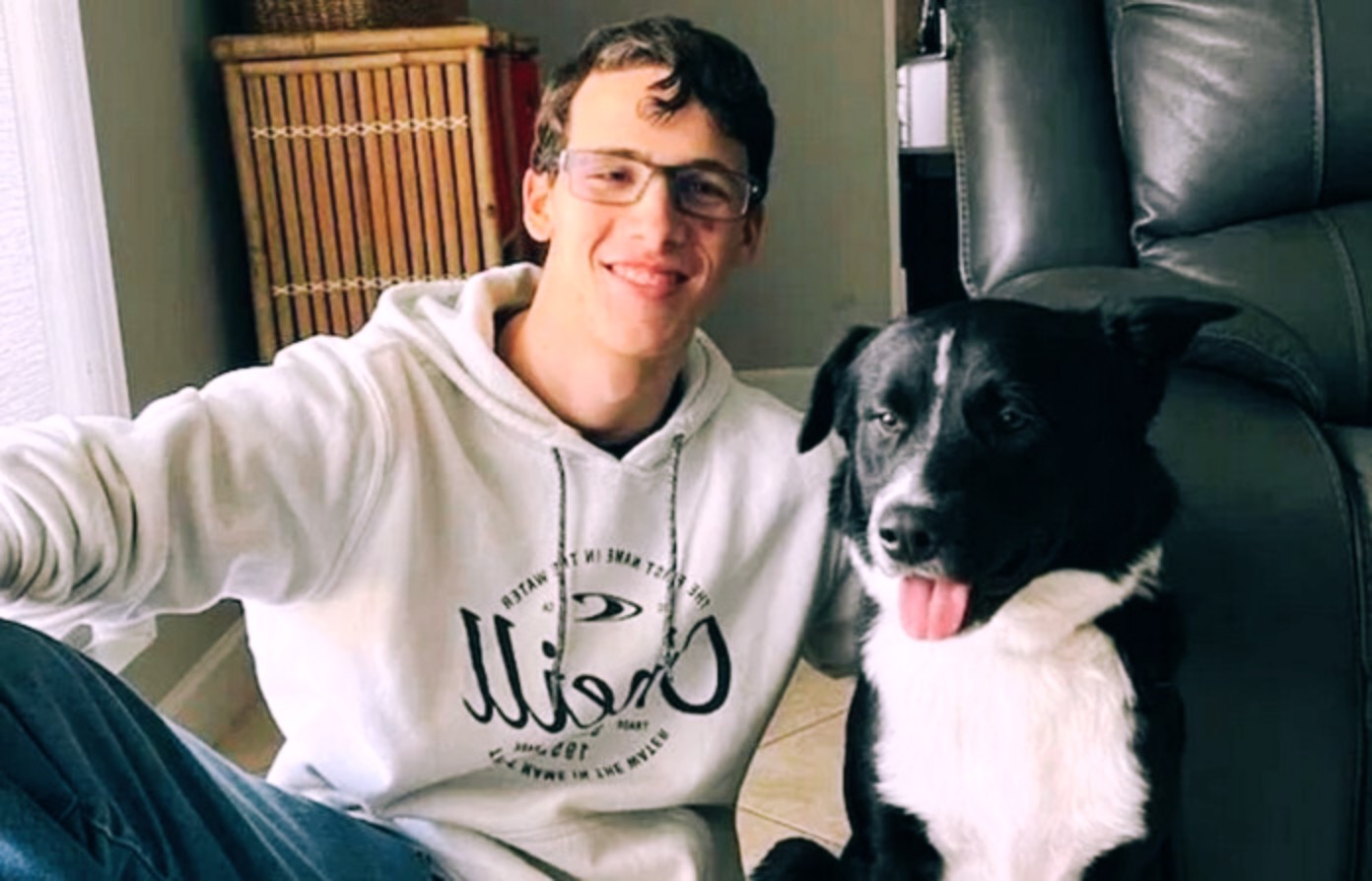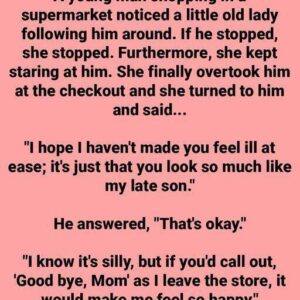
The Washington Post has an article about a family’s border collie, whose 5:30 a.m. wake-up call potentially saved a family member’s life.
On a Saturday morning in Spring, Texas, Daines and Amanda’s dog Axel woke them up early. They couldn’t recall a moment when he was so frantic to go outside, or so they thought.
But after Daines carried Axel downstairs, he started frantically scratching at Gabriel, Amanda’s son,’s bedroom door. Gabriel was having a stroke on the left side of his brain, which is why he was already awake inside.
Gabriel, then seventeen, recalled that he had suffered from a headache early in the day, but it had cleared up quickly after he had posed for his senior year school photos wearing a black suit and bowtie. After getting home, he played some video games before falling asleep. At around five o’clock in the evening, he woke up, went into the living room, felt as though he couldn’t move his right arm, stumbled, and then chose to go back to sleep as the objects in the room appeared to enlarge.
After Gabriel’s speech became slurred and he appeared confused, Daines took him to Memorial Hermann Health System hospital in Houston. There, at around 6:30 a.m., medical professionals told Gabriel’s family that he was suffering from a stroke due to a blood vessel rupture that had severed in his brain, preventing oxygen from reaching millions of neurons.
Neurosurgeon Sabih Effendi, who treated Gabriel, remarked, “It’s amazing how adamant a dog was knowing something’s going on.” Effendi also informed the family that Gabriel might have been silent, wheelchair-bound, or worse if Axel hadn’t stepped in at that crucial moment.
As it happens, Gabriel has regained most of his prior abilities thanks to his physical, speech, and behavioral therapy. The high school soccer team’s goalkeeper was able to walk again, use his right arm to play Nintendo Switch, speak with clarity, and finish solving algebra problems on his laptop.
He told The Washington Post that his goals are to complete his homeschooling this year, enroll in engineering school the following year, and, ideally, wear the number one shirt between the posts.
People’s strokes have been known to be detected by dogs. The unique vomeronasal organ in their noses is capable of detecting changes in human physiology, including blood pressure, in response to specific chemicals. According to research by the American Heart Association, individuals who live alone but have a dog have a 27% higher chance of surviving a stroke than those who live alone.
The protagonist of the tale, according to Amanda, is Axel, who hasn’t really left Gabriel’s side since the hospital discharge on September 8. In recognition of Axel’s life-saving assistance to her son, she has commissioned a medal to be hung around the front of his collar.





